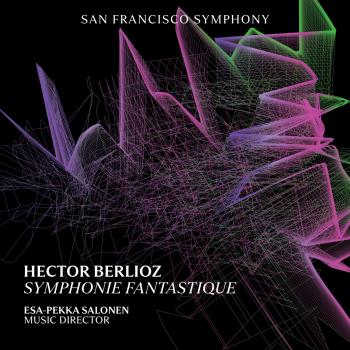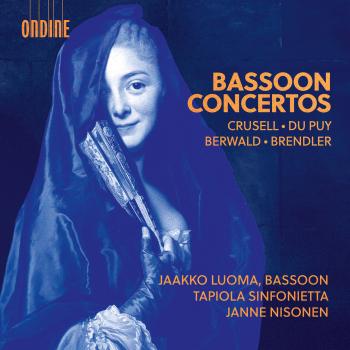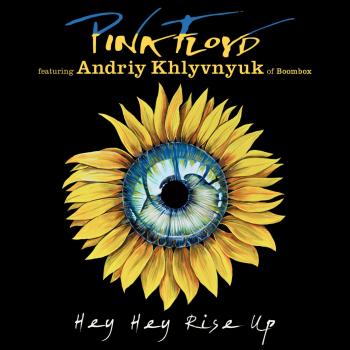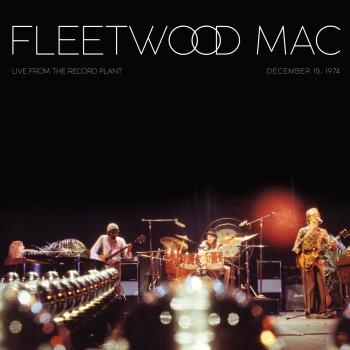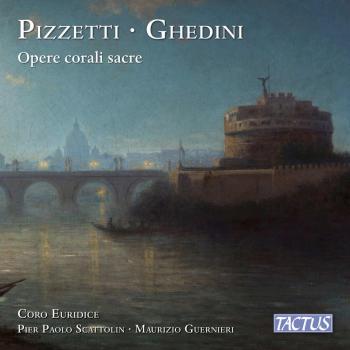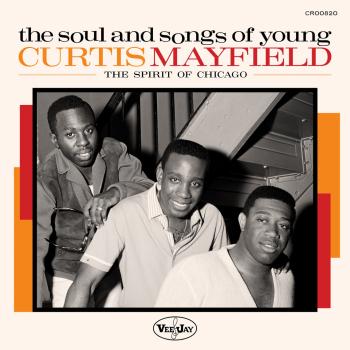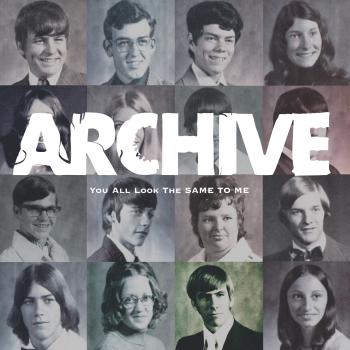
Sibelius: Symphony No. 2, Violin Concerto (Remastered) Ivry Gitlis, Vienna Symphony Orchestra, Orchestre Radio National de France & Jascha Horenstein
Album info
Album-Release:
2021
HRA-Release:
08.02.2022
Label: Infinity
Genre: Classic
Subgenre: Concertos
Artist: Ivry Gitlis, Vienna Symphony Orchestra, Orchestre Radio National de France & Jascha Horenstein
Composer: Jean Sibelius (1865-1957)
Album including Album cover
I`m sorry!
Dear HIGHRESAUDIO Visitor,
due to territorial constraints and also different releases dates in each country you currently can`t purchase this album. We are updating our release dates twice a week. So, please feel free to check from time-to-time, if the album is available for your country.
We suggest, that you bookmark the album and use our Short List function.
Thank you for your understanding and patience.
Yours sincerely, HIGHRESAUDIO
- Jean Sibelius (1865 - 1957): Symphony No. 2 in D Major, Op. 43:
- 1 Sibelius: Symphony No. 2 in D Major, Op. 43: I. Allegretto 09:11
- 2 Sibelius: Symphony No. 2 in D Major, Op. 43: II. Tempo andante, ma rubato 14:10
- 3 Sibelius: Symphony No. 2 in D Major, Op. 43: III. Vivacissimo 05:40
- 4 Sibelius: Symphony No. 2 in D Major, Op. 43: IV. Finale: Allegro moderato 12:46
- Violin Concerto in D Minor, Op. 47:
- 5 Sibelius: Violin Concerto in D Minor, Op. 47: I. Allegro moderato 14:20
- 6 Sibelius: Violin Concerto in D Minor, Op. 47: II. Adagio di molto 07:07
- 7 Sibelius: Violin Concerto in D Minor, Op. 47: III. Allegro ma non tanto 07:03
Info for Sibelius: Symphony No. 2, Violin Concerto (Remastered)
The Second Symphony of Sibelius (1902) combines the composer’s love for Italy as much as his innate sense of Northern climes, given the often “stern” objectivity and distance of his muscular themes. The Jascha Horenstein (1898-1973) legacy now embraces this often soaring work—still perhaps best captured in commercial recording by Koussevitzky in Boston, 1950—with a majestic, live performance from the Theatre de Champs Elysees, Paris, 19 November 1956. Typical of Horenstein, from the outset of the Allegretto movement, with its unorthodox sonata-form, the music assumes a fateful, driven pulse and direction. It has become a “fate” symphony, despite its bucolic, pantheistic leanings.
"Among the finest of these offerings, however, is the Sibelius Second Symphony—taut, probing, idiomatically on the mark and, lyrically inspired. Very few conductors can match Horenstein’s grasp of Sibelius’s architecture, especially in the problematical finale." (William Zagorski)
"There are, however, certain performance traits that were always present with this conductor. One would be a very careful attention to balance, texture, chord voicing, and contrapuntal detail. Horenstein seemed able to perceive music both horizontally and vertically, without giving undue weight to either element. So one always hears all the voices that the composer utilized in a score, but with no excess prominence given to subsidiary lines. Another Horenstein fingerprint is a careful balancing between the lyrical and the rhythmic. The Sibelius Second Symphony is grand, long-lined and, at the same time, richly detailed, and when the music is supposed to sing, as in, for example, the last movement, it sings its heart out—but the rhythmic spine around which the melody is woven is always clear." (Henry Fogel, Fanfare Magazine)
"Ivry Gitlis is a technical master, and he brings to both the Bruch and Sibelius concertos an address that stands them in very good stead. But he is comparatively reluctant to woo the music, when this approach seems called for; or it may be that a rather fast and narrow vibrato makes him seem so. To the Bruch, of course, this lack of romantic ardour is the more damaging. The Sibelius relaxes less often; and indeed Gitlis's attack on it is pursued with an intensity and ferocity that are substantially rewarding in their own right. The Vienna Pro Musica orchestra, too, attacks all the music with determination..." (The Gramophone)
"Gitlis's Vox legacy was small but important. The Sibelius is unusually tensile, its opening moments cast in a disorientating haze of white light, its solo line given with fiery abandon (the finale is magnificently argumentative)." (R. C., Gramophone)
Producer's Note: "These recordings were remastered from excellent transfers form Misha Horenstein's private archive and both have responded brilliantly to Pristine's XR remastering. Offering crisp, clear, full and clean reproduction throughout, with the original mono recordings subtly enhanced by Ambient Stereo processing, both now sound truly superb." (Andrew Rose)
Ivry Gitlis, violin
Vienna Symphony Orchestra
Orchestre Radio National de France
Jascha Horenstein, conductor
Digitally remastered
No biography found.
This album contains no booklet.


